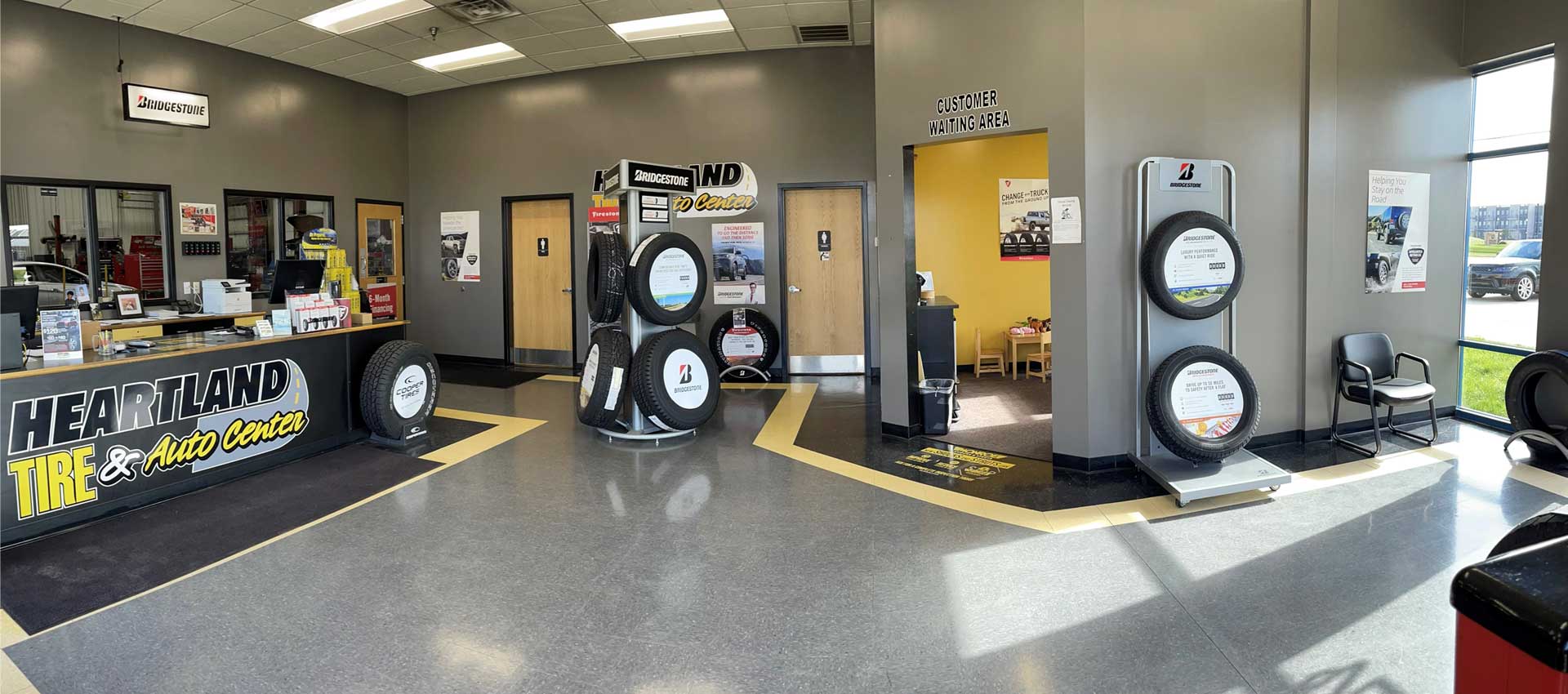Conserve Big with Mopar Tire Service Specials in Morris: Limited Time Offers
Tire Service: Comprehending Tire Pressure Tracking Systems
Recognizing Tire Stress Monitoring Solutions (TPMS) is a vital aspect of preserving ideal vehicle efficiency and safety and security on the road. With advancements in automobile technology, TPMS has actually ended up being a conventional attribute in modern lorries, offering real-time info on tire stress levels. Digging much deeper right into the complexities of TPMS, one can discover the numerous parts that comprise this system and the relevance of each in ensuring precise surveillance. From direct to indirect TPMS systems, the landscape of tire pressure surveillance is varied, each with its unique set of benefits and factors to consider. Remain tuned to untangle the intricacies of TPMS, from upkeep suggestions to the indisputable benefits of maintaining your tires properly pumped up. tires morris il.

Relevance of TPMS
The significance of Tire Stress Surveillance Solutions (TPMS) lies in their ability to enhance car safety and efficiency via real-time tracking of tire pressure levels. Preserving the appropriate tire pressure is important for making sure optimal handling, stopping, and general security of a vehicle. TPMS supplies chauffeurs with instant responses on any type of underinflated or overinflated tires, permitting for prompt modifications to be made.
Components of TPMS
Sensors are commonly situated in the tire shutoff stem or affixed to the wheel setting up, where they determine tire stress and send information to the control component. Some progressed TPMS designs also display the real tire stress readings for each tire, offering chauffeurs with real-time information to ensure ideal tire performance and safety. By monitoring tire stress continually, TPMS assists avoid accidents, lowers tire wear, and enhances fuel performance, making it an essential component for automobile safety and performance. mopar tire service specials.
Kinds Of TPMS

On the other hand, indirect TPMS relies upon the automobile's wheel speed sensing units to keep track of tire pressure. This system identifies underinflation by contrasting the rotational rates of the wheels. Indirect TPMS is much less costly than direct TPMS, as it utilizes existing sensors within the car.
While direct TPMS supplies extra precise analyses, indirect TPMS is less complex in design and usually needs much less upkeep. Both systems have their benefits and limitations, and the choice between them typically relies on factors such as cost, car make, and personal preference. Understanding the differences between these 2 kinds of TPMS can help vehicle owners make informed decisions relating to tire maintenance and safety.
TPMS Upkeep Tips
Conduct routine checks on the tire pressure levels and compare them with the TPMS analyses to guarantee they are regular. During tire turning or substitute, make certain that the TPMS parts are handled very carefully to avoid any type of prospective damages. If the TPMS alerting moved here light illuminates on the control panel, resolve the concern without delay by checking the tire pressures and the general system for any kind of mistakes.
Advantages of Proper Tire Pressure
Keeping correct tire stress, as stressed in TPMS Maintenance Tips, is essential for reaping the numerous benefits linked with optimal tire stress degrees. One of the primary benefits of keeping the proper tire stress is enhanced fuel efficiency. When tires are properly inflated, there is much less moving resistance, resulting in much better fuel economy. In addition, correct tire pressure guarantees also tire wear, prolonging the lifespan of the tires and advertising more secure driving problems. With the ideal tire pressure, vehicles additionally have much better handling and grip, specifically in unfavorable weather. This can improve overall driving efficiency and safety and security for the driver and guests. Keeping ideal tire pressure can add to a smoother and much more comfy trip by minimizing resonances and noise caused by underinflated tires. To conclude, the benefits of proper tire stress exceed just tire long life; they encompass improved gas efficiency, improved safety, far better automobile performance, and overall driving convenience.
Final Thought
Finally, understanding tire pressure tracking systems (TPMS) is crucial for preserving optimum tire pressure and ensuring vehicle safety. By recognizing the significance of TPMS, being acquainted with its components, recognizing the various kinds readily available, sticking to appropriate upkeep pointers, and understanding the advantages of keeping appropriate tire stress, vehicle drivers can boost their driving experience and lengthen the life-span of their tires. Correct tire stress is essential to risk-free and effective car procedure.
